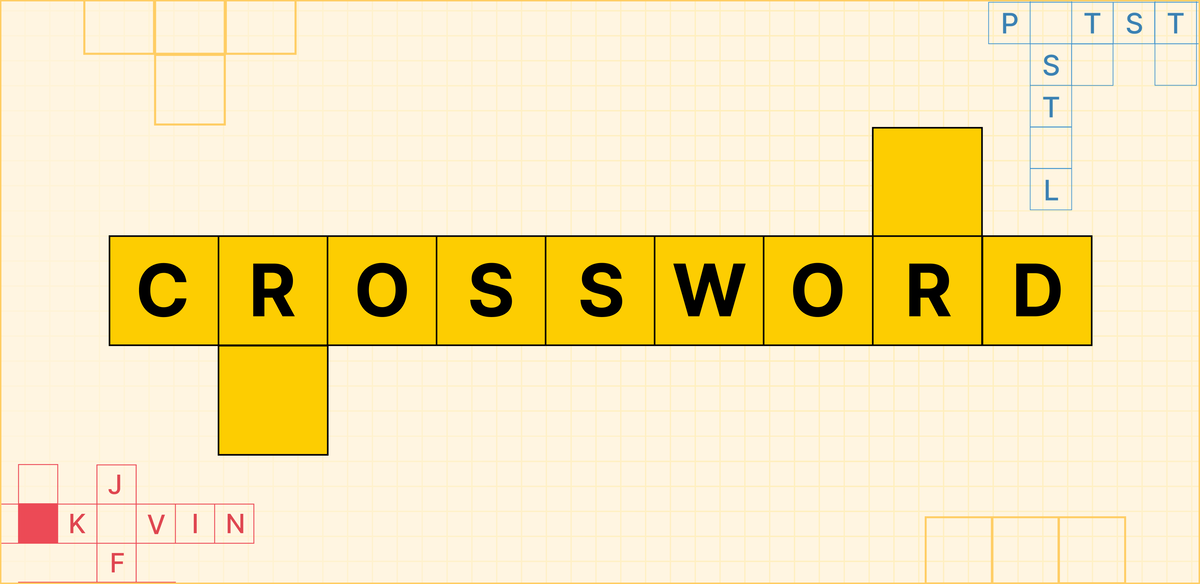
via Reuters
Image Credits: Reuters

via Reuters
Image Credits: Reuters
“Once, I lost my father and tennis helped me to go through that tough loss,” said Aryna Sabalenka in August 2024. Tragically, she faced another devastating loss earlier last year with the passing of her ex-boyfriend, Konstantin Kolostov. Despite this immense personal hardship, Sabalenka demonstrated incredible resilience. While she crashed out early in Miami, Sabalenka came out strong, winning the US Open and the WTA Finals! Talk about a turnaround! But it wasn’t just about the trophies. She recently got real about how those challenges actually made her a better player and person. It’s inspiring, you know?
The day after Kolostov passed away, she actually went ahead and practiced right there in front of everyone, before the Miami Open started. A few days later, she faced her close friend, Paula Badosa, in the tournament. The only thing she did differently was skip the usual press conferences – which was totally understandable. It wasn’t a shock when she had early losses in Miami and then in Stuttgart, too.
Yet, after just two months, we saw her reaching the finals of the Madrid Open and the Italian Open, followed by victories at the Cincinnati Masters and Wuhan Open. Her perseverance and excellence were rewarded in October when she became World No. 1 for the first time in over a year. As her new season began, Aryna Sabalenka kicked off her 2025 season with a victory, defeating Polina Kudermetova in the Brisbane International final. This is her career 18th title.
ADVERTISEMENT
Article continues below this ad
Down a set and nearly a break against the younger Kudermetova sister, 21-year-old Polina, @SabalenkaA “showed the level” to walk away with the @BrisbaneTennis trophy. 🏆
“Having this trophy going to the major, it’s really important.”https://t.co/WkHMOqY4Z2
— TENNIS (@Tennis) January 5, 2025
It is all a game of mental toughness which Sabalenka has built on her own and not with the help of a “psychologist”.
Reflecting on these experiences to The Age on January 4th, Sabalenka shared insights into her resilience. “Honestly, I don’t know how [I continued to play]. My team got a bit nervous after the last situation [with my ex-boyfriend], and they hired a psychologist,” she told The Age. “When I spoke to him, he was like, ‘How did you handle so many dramas in your life?’ and at that moment, I realised, ‘OK, I don’t need the psychologist. I can handle it by myself.’’
Sabalenka’s approach to adversity reflects her belief in self-reliance. “First of all, you cannot control others. You can only control yourself, your behaviour, and your attitude to things, and you just have to focus on the positives,” she explained.
“When I spoke to him, he was like, ‘How did you handle so many dramas in your life?’ and at that moment, I realised, ‘OK, I don’t need the psychologist. I can handle it by myself”. “I think, first of all, you cannot control others. You can only control yourself, your behaviour, and your attitude to things, and you just have to focus on the positives.”
Most of us associate mental toughness with being calm and less emotional, but Sabalenka can be admired for staying true to her nature and dealing with it by just believing in herself. Her naïve confidence surely helped her cope with the mentally painful phase. She’s definitely not afraid to show some grit on the court!
ADVERTISEMENT
Article continues below this ad
Did you know that Aryna Sabalenka dealt with her serving issues without a sports psychologist?
One of the most notable hurdles Sabalenka faced was her serving crisis, which came to a head during the 2023 US Open finals against Coco Gauff. At her lowest point, she could barely serve a tennis ball over the net. Though not physically injured, her confidence in her serve had completely evaporated.
Sabalenka tried everything to regain her form, listening to advice from coaches and sports psychologists. Yet, this abundance of input only compounded her struggles. Recognizing the need for a change, she made a pivotal decision: to take full responsibility for her situation. “Honestly, I decided [during the pre-season] to stop working with a psychologist. I realized that nobody other than me would help,” Sabalenka admitted.
ADVERTISEMENT
Article continues below this ad
Her coach even offered to resign, but Sabalenka rejected the notion that external factors were to blame. Instead, she embraced the challenge as her own. According to her co-coach Jason Stacy, Sabalenka “hit her fear and went through it, face on.” This determination paid off, as she gradually rebuilt her serve and regained her confidence.
Aryna Sabalenka’s journey from grief to glory is a testament to her resilience and determination. Her story is a powerful reminder that the path to success often lies in facing our fears and embracing responsibility.
Have something to say?
Let the world know your perspective.

Challenge Your Sports Knowledge!
Solve the puzzle and prove your knowledge of iconic players, terms, and moments.
Debate
Is Sabalenka's decision to ditch the psychologist a testament to true mental toughness in sports?


What’s your perspective on:
Is Sabalenka's decision to ditch the psychologist a testament to true mental toughness in sports?
Have an interesting take?